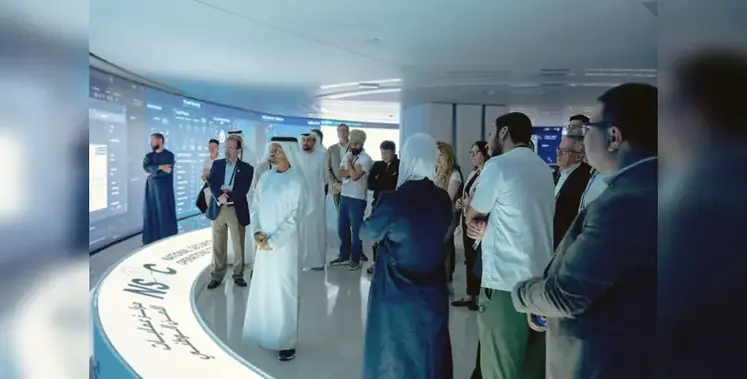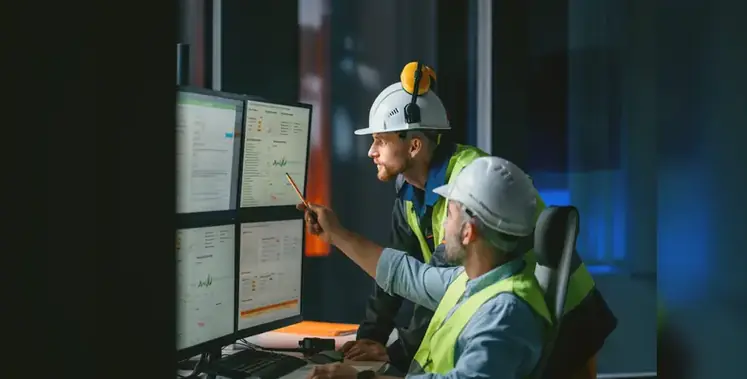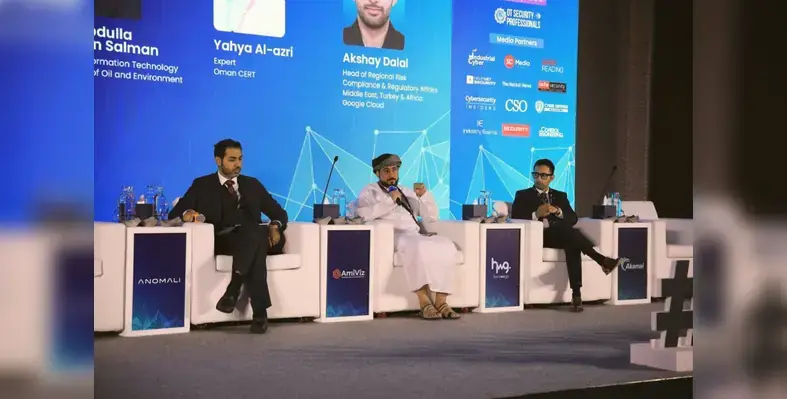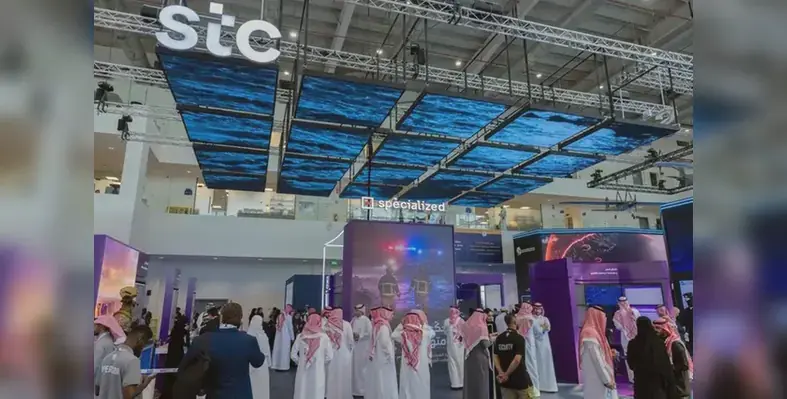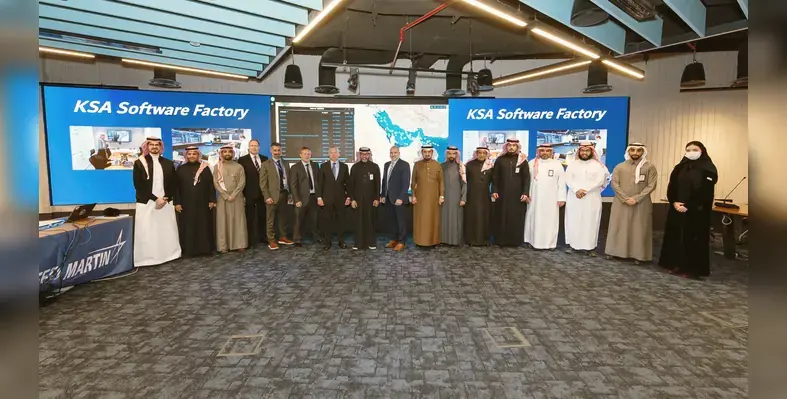Polynome AI Academy, in partnership with Abu Dhabi School of Management (ADSM), has unveiled the expanded global instructor lineup for the second cohort of its Executive Program for Chief AI Officers (CAIO), running from 10-21 April 2026 in Abu Dhabi.
The programme brings together leading AI experts from NVIDIA, Mubadala, Boston Consulting Group (BCG), G42, AI71, and top research institutions to equip senior executives with the frameworks and tools needed to lead AI initiatives at organisational and national scale.
It was created in response to growing demand from governments and large enterprises for structured AI leadership. It aims to provide CAIOs and senior executives with governance frameworks, operating models, and decision-making structures that can support AI strategy and deployment across complex environments.
“The first cohort confirmed what we’ve long believed: the CAIO role requires a dedicated programme built for the realities of leading AI at scale,” said Alexander Khanin, Founder of Polynome Group. “Executives came to Abu Dhabi and left with actionable strategies they are already putting into practice. By 2027, AI is expected to guide half of all business decisions. Cohort 2 builds on this momentum with a refined curriculum and fresh global perspectives.”
Dr. Tayeb Kamali, Chairman of Abu Dhabi School of Management, added, “The first cohort demonstrated the demand we anticipated; top executives across the region recognise that AI strategy cannot simply be delegated. The programme equips leaders with the skills to navigate AI adoption and translate technological potential into real business impact.”
The inaugural programme in November 2025 attracted 35 C-suite executives and senior technology leaders. Participants completed ten modules covering AI strategy, sovereign AI infrastructure, governance frameworks, agentic systems, Arabic NLP, AI investment strategy, and enterprise deployment methodology. The programmeme also included site visits to the UAE Cybersecurity Council, Core42’s Khazna data centres, ADNOC, and executive roundtables with policymakers.
“The Executive Chief AI programme is unlike any course I’ve attended,” said Dr. Noura AlDhaheri, Chairman of DNA Investments. “It brings us directly to the AI creators, experts, and leaders, offering insight into real challenges and the evolving AI landscape. AI is set to transform business, and staying ahead is essential.”
Confirmed instructors for Cohort 2 include Dr. George Tilesch, Dr. Andrew Jackson, Prof. Merouane Debbah, Prof. Nizar Habash, Dr. John Ashley, Charbel Aoun, Jean-Christophe Bernardini, Faris Al Mazrui, Chiara Marcati, and Jorge Colotto, with more to be announced.
The 10-day programme combines executive seminars, case labs, operating model workshops, site visits to AI institutions, and policymaker roundtables, offering lifetime access to the CAIO alumni network. It targets CAIOs, CTOs, CIOs, CISOs, public sector advisors, and senior digital transformation leaders, preparing them to lead AI strategy, governance, and enterprise deployment effectively.






